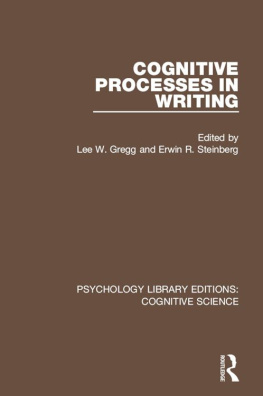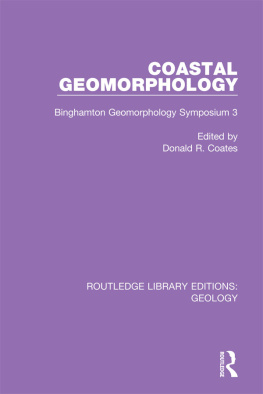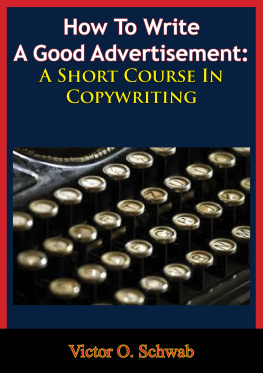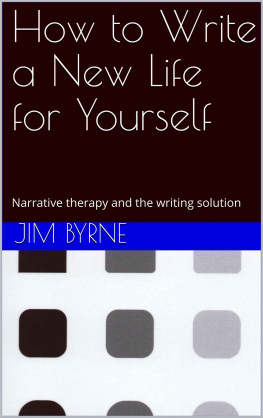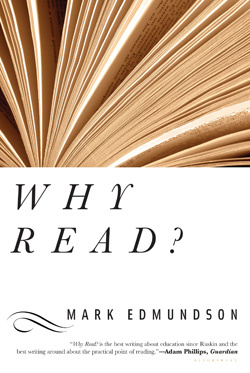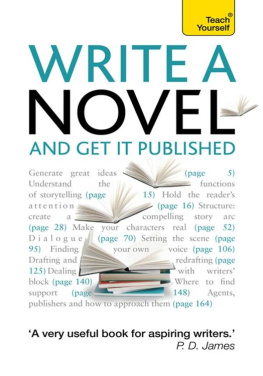PSYCHOLOGY LIBRARY EDITIONS: COGNITIVE SCIENCE Volume 14 COGNITIVE PROCESSES IN WRITING COGNITIVE PROCESSES IN WRITING Edited by LEE W. GREGG AND ERWIN R. STEINBERG 
First published in 1980 by Lawrence Erlbaum Associates, Inc. This edition first published in 2017 by Routledge 2 Park Square, Milton Park, Abingdon, Oxon OX14 4RN and by Routledge 711 Third Avenue, New York, NY 10017 Routledge is an imprint of the Taylor & Francis Group, an informa business 1980 by Lawrence Erlbaum Associates, Inc. All rights reserved. No part of this book may be reprinted or reproduced or utilised in any form or by any electronic, mechanical, or other means, now known or hereafter invented, including photocopying and recording, or in any information storage or retrieval system, without permission in writing from the publishers. Trademark notice: Product or corporate names may be trademarks or registered trademarks, and are used only for identification and explanation without intent to infringe. British Library Cataloguing in Publication Data A catalogue record for this book is available from the British Library ISBN: 978-1-138-19163-1 (Set) ISBN: 978-1-315-54401-4 (Set) (ebk) ISBN: 978-1-138-64181-5 (Volume 14) (hbk) ISBN: 978-1-315-63027-4 (Volume 14) (ebk) Publishers Note The publisher has gone to great lengths to ensure the quality of this reprint but points out that some imperfections in the original copies may be apparent. Disclaimer The publisher has made every effort to trace copyright holders and would welcome correspondence from those they have been unable to trace. COGNITIVE PROCESSES in WRITING Edited by LEE W. GREGG
ERWIN R. STEINBERG Carnegie-Mellon University 
Copyright 1980 by Lawrence Erlbaum Associates, Inc. All rights reserved. No part of this book may be reproduced in any form, by photostat, microform, retrieval system, or any other means, without the prior written permission of the publisher. Lawrence Erlbaum Associates, Inc., Publishers 365 Broadway Hillsdale, New Jersey 07642 Library of Congress Cataloging in Publication Data Main entry under title: Cognitive processes in writing. Bibliography: p. Includes index. 1. WritingPsychological aspects 2. English languageRhetoric. 3. Cognition. I. Gregg, Lee W., II. Steinberg, Erwin R. BF456.W8C63 808.042019 80-18624 ISBN 0-89859-032-9 Printed in the United States of America Contents John R. Hayes and Linda S. Flower Linda S. Flower and John R. Hayes Allan Collins and Dedre Gentner Carl Bereiter John D. Gould P. C. Wason Lee Odell Erwin R. Steinberg This book originally began as a set of questions posed by faculty on the campus of Carnegie-Mellon University: What do we know about how people write? What do we need to know to help people write better? In the ensuing discussions among interested members of the Department of Psychology and the Department of English, we arrived at some general propositions: Discovering how people write is an interdisciplinary problem that probably should involve people from psychology, English, and linguistics. The necessary research will probably best be undertaken by interdisciplinary teams. Before we undertake too much research, we ought to find out: a. what research has already shown, and b. what research is now going on so that we can plan rationally for the necessary future research. In May, 1978, therefore, we ran at Carnegie-Mellon an interdisciplinary symposium on Cognitive Processes in Writing; the papers from that symposium are in this volume. When it became clear at the symposium that others who attended were making useful contributions, we invited several of them to prepare chapters for inclusion here. This book, therefore, presents a reasonably good picture of much of what research has shown about how people write, of what people are currently trying to find out, and of what needs to be done. Not all of the important research, either completed or current, has been included; we do not mean to suggest either that what has been left out is not important or that what we have included is necessarily more important than studies that we have not reported. As we have indicated, this volume reflects our interests and the interests of those who attended our symposium. We think, however, that the chapters in this book give a fair picture of the kinds of things we know, and we hope that as a result it will prove a useful stimulus for further research on cognitive processes in writing. In concluding, we want to record here our debt to J. R. Hayes, Linda Flower, Sandra Bond, and Joyce Hannah, without whose help neither the symposium nor this book would have occurred. LEE W. GREGG ERWIN R. STEINBERG ACKNOWLEDGMENTS Individual papers in the volume were prepared under the sponsorship of various grants and contracts. The work by Flower and Hayes, , was supported in part by the National Institute of Education under Grant NIE-G-78-0195 and, in part, under Contract NIE-400-78-0043. The research on a process theory of writing by Allan Collins was supported under Contract NIE-400-76-0116. The paper by Carl Bereiter was prepared in connection with an NIE conference on problems in writing. The symposium was supported by a grant from the Buhl Foundation for the design and implementation of a core curriculum in Humanities and Social Sciences. John R. Hayes
Linda S. Flower Carnegie-Mellon University Many have recognized that attention to process is potentially very important for the teaching of writing (Britton, Burgess, Martin, McLeod, & Rosen, 1975; Young, Becker, & Pike, 1970). Unfortunately, relatively few researchers have actually studied writing processes experimentally. Although noteworthy exceptions may be found in the work of Emig (1971), Zollner (1969), and Harding (1963), it is still true, as Britton et al. (1975) say, that there has been very little systematic direct observation of fluent writers at work []. Cognitive psychologists have developed the technique of protocol analysis as a powerful tool for the identification of psychological processes (Newell & Simon, 1972). Although protocol analysis has most typically been used to identify processes in problem-solving tasks, as we will see, it can be used to identify processes in writing as well. In this chapter: We describe the technique of protocol analysis. We show how it can be used to identify writing processes. We describe some early results in identifying writing processes that we obtained through its use. A protocol is a description of the activities, ordered in time, which a subject engages in while performing a task. A protocol, then, is a description, but not every description of a task performance is a protocol. Often we describe tasks mentioning only their outcomes or goals. We may say, for example, My Great Dane, Spot, convinced me to give him his supper. This description tells us that the dog did one or more things to get food, but it doesnt say what these things were or in what order they occurred. That description, therefore, is not a protocol. The following description is a protocol, however. | 
